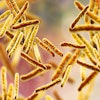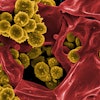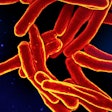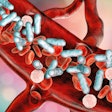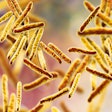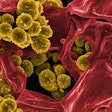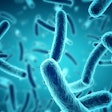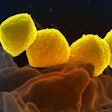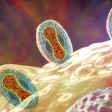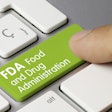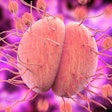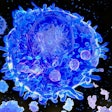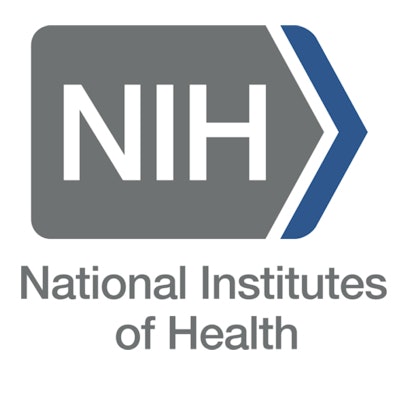
The National Institutes of Health (NIH) has commenced a study to determine how many adults in the U.S. with no confirmed history of infection with SARS-CoV-2 have antibodies to the virus.
Researchers from the National Institute of Allergy and Infectious Diseases (NIAID) and the National Institute of Biomedical Imaging and Bioengineering (NIBIB) will collect and analyze blood samples from as many as 10,000 volunteers to provide critical data for epidemiological models. The results will add knowledge about the undetected spread of the novel coronavirus in the U.S. and provide insights into which communities and populations are most affected.
"This study will give us a clearer picture of the true magnitude of the COVID-19 pandemic in the U.S. by telling us how many people in different communities have been infected without knowing it, because they had a very mild, undocumented illness or did not access testing while they were sick," said Dr. Anthony Fauci, NIAID director, in a statement. "These crucial data will help us measure the impact of our public health efforts now and guide our COVID-19 response moving forward."
Investigators, who also will come from the NIH's National Center for Advancing Translational Sciences (NCATS) and the National Cancer Institute (NCI), will test participants' blood samples for the presence of SARS-CoV-2 antibodies. To date, reported COVID-19 cases have been based on molecular tests that determine the presence of the virus in a person's airways using a noninvasive cotton swab. While the cotton swab-based tests can identify active infection, they do not determine whether a person was previously infected with SARS-CoV-2 and recovered.


